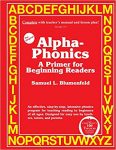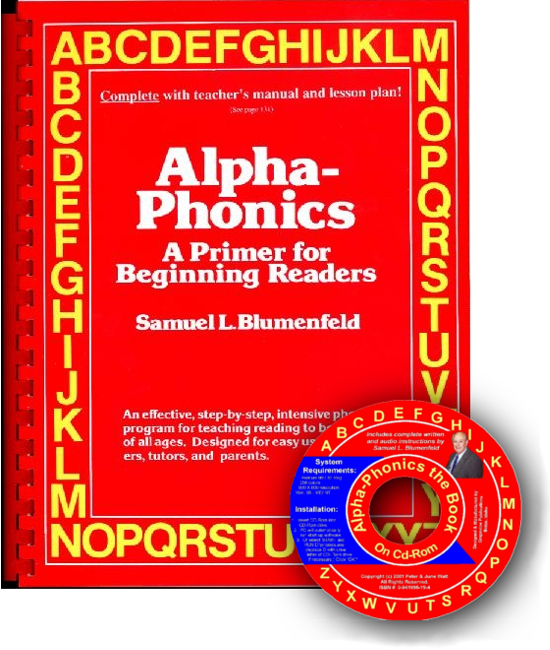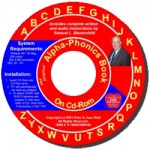Why It’s Probably Better for the Planet to Throw Plastic in the Trash
July 15, 2019

Millions of Americans dutifully fill their recycling bins each week, motivated by the knowledge that they’re doing something good for the environment. But little do they know, there’s a recycling crisis unfolding.
Starting as early as 2017, municipalities across the country, from Douglas County, Oregon to Nogales, Arizona to Broadway, Virginia, to Franklin, New Hampshire, began landfilling many recyclables or simply canceling their recycling programs altogether. The impetus for this disconcerting change? China.
For decades, the country was content to accept, process, and transform recycled materials from across the globe, but no longer. In July 2017, the government announced new policies that would effectively ban imports of most recyclables, particularly plastics. They went into effect last March. Considering that China has imported a cumulative 45% of plastic waste since 1992, this is a huge deal.
Where once China offered a market for the world’s plastic bottles, tubs, and other packaging to be turned into – for example – polyester clothing, now, that market is gone. This means that recycling costs have skyrocketed. A few years ago, Franklin, New Hampsire could sell recyclables for $6 per ton. Now, it costs the town $125 per ton to recycle that same stuff!
Municipalities across the country are facing this startling arithmetic, so hundreds are choosing the drastically cheaper option: throw most traditionally recycled materials in the trash, instead.
While that might sound horrifying, Thomas Kinnaman, an environmental economist from Bucknell University, says it’s actually a blessing in disguise.
“China’s ban may actually reduce the amount of plastic that ends up in the oceans,” he told  NPR’s Planet Money podcast. “China was not very careful about what got into their oceans for a long period of time, and if some of the plastic piles were just too corrupted they could do whatever they wanted with it.”
NPR’s Planet Money podcast. “China was not very careful about what got into their oceans for a long period of time, and if some of the plastic piles were just too corrupted they could do whatever they wanted with it.”
Moreover, landfilling waste is not the evil many assume it to be. Modern landfills in the developed world are highly regulated, with sophisticated systems to protect groundwater, methods of compacting trash as tightly as possible, and even ways of siphoning off methane gas and burning it to produce electricity. Despite the myth that we’re running out of landfill space, current estimates indicate that the U.S. has about 58 years until we need to build additional facilities.
As Kinnaman discovered in a 2014 study – a complete life cycle analysis of the recycling process – it currently doesn’t make much economic or environmental sense to recycle plastic and glass in much of the developed world. Both of these materials are fairly easy on the environment to produce, but oftentimes very tricky and intense to recycle. When you factor in all of the water used to decontaminate plastic and glass, the immense distances traversed transporting them (usually by truck, train or ship), and the mechanical and chemical processes utilized to transform them into new goods, it becomes clear that they are better off in a landfill.
With novel technologies, this situation could very well change, but for now, most plastics are better off in the trash, Kinnaman says. Though he cautions that his “provocative results certainly require confirmation from future independent and objective research before broad policy goals can be adjusted.”
“Also, many of the benefit and costs associated with waste disposal and recycling vary across regions of the country and world, and thus optimal recycling rates may also vary,” he wrote.
While plastic and glass should probably be crushed and buried in a landfill, aluminum, tin, and paper – especially cardboard – should absolutely be recycled.
“The environmental costs to mine new alumina and bauxite to produce new aluminum from scratch are fairly substantial, so anything we can do to maximize our recycling of  aluminum turns out to be a win-win. Bimetal tin cans – these are the soup cans, the vegetable cans that we buy some of our food with – those also have a very, very positive life cycle signature,” Kinnaman told WBUR.
aluminum turns out to be a win-win. Bimetal tin cans – these are the soup cans, the vegetable cans that we buy some of our food with – those also have a very, very positive life cycle signature,” Kinnaman told WBUR.
The present situation should also serve as a reminder that there are two options far preferable to recycling: reducing the trash we’re producing, and re-using as many goods as possible.
What do you think we should do? We would like to know.
The Publishers of ALPHA-PHONICS hope you will find this thought provoking article very worth reading. Speaking of reading, if you want the nearly perfect program to use to teach someone how to read, especially a child, consider ALPHA-PHONICS. Look below for complete details:




 Alpha-Phonics
Alpha-Phonics The Alphabet Song!
The Alphabet Song! Water on the Floor
Water on the Floor Alpha-Phonics the Book on CD Rom
Alpha-Phonics the Book on CD Rom Blumenfeld Oral Reading Assessment Test
Blumenfeld Oral Reading Assessment Test How To Tutor
How To Tutor How To Tutor Cursive Handwriting Workbook
How To Tutor Cursive Handwriting Workbook